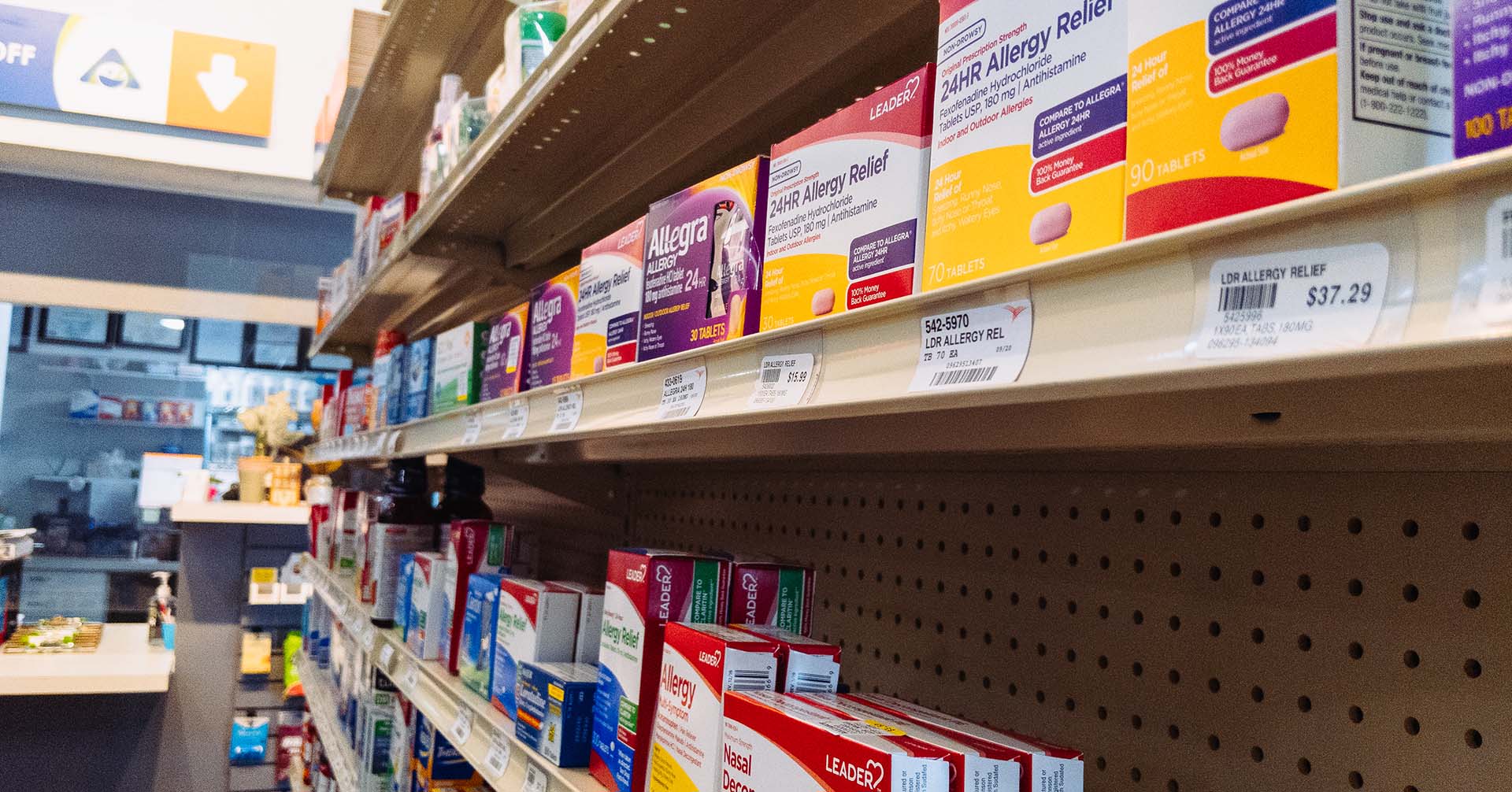This is the time of year when we, unfortunately, need to start dealing with allergies again (ugh). But not to worry, most allergies can be treated with common over-the-counter medications.
Here is a brief overview of available allergy medications.
Antihistamines:
These medications are the mainstay for over-the-counter allergy treatment. Antihistamines are divided into 1st and 2nd generations.
- The first-generation antihistamines work for allergies. Still, their usefulness can be limited by the amount of sedation they cause. They often need to be dosed 3 to 4 times a day.
- (Ex: diphenhydramine, chlorpheniramine)
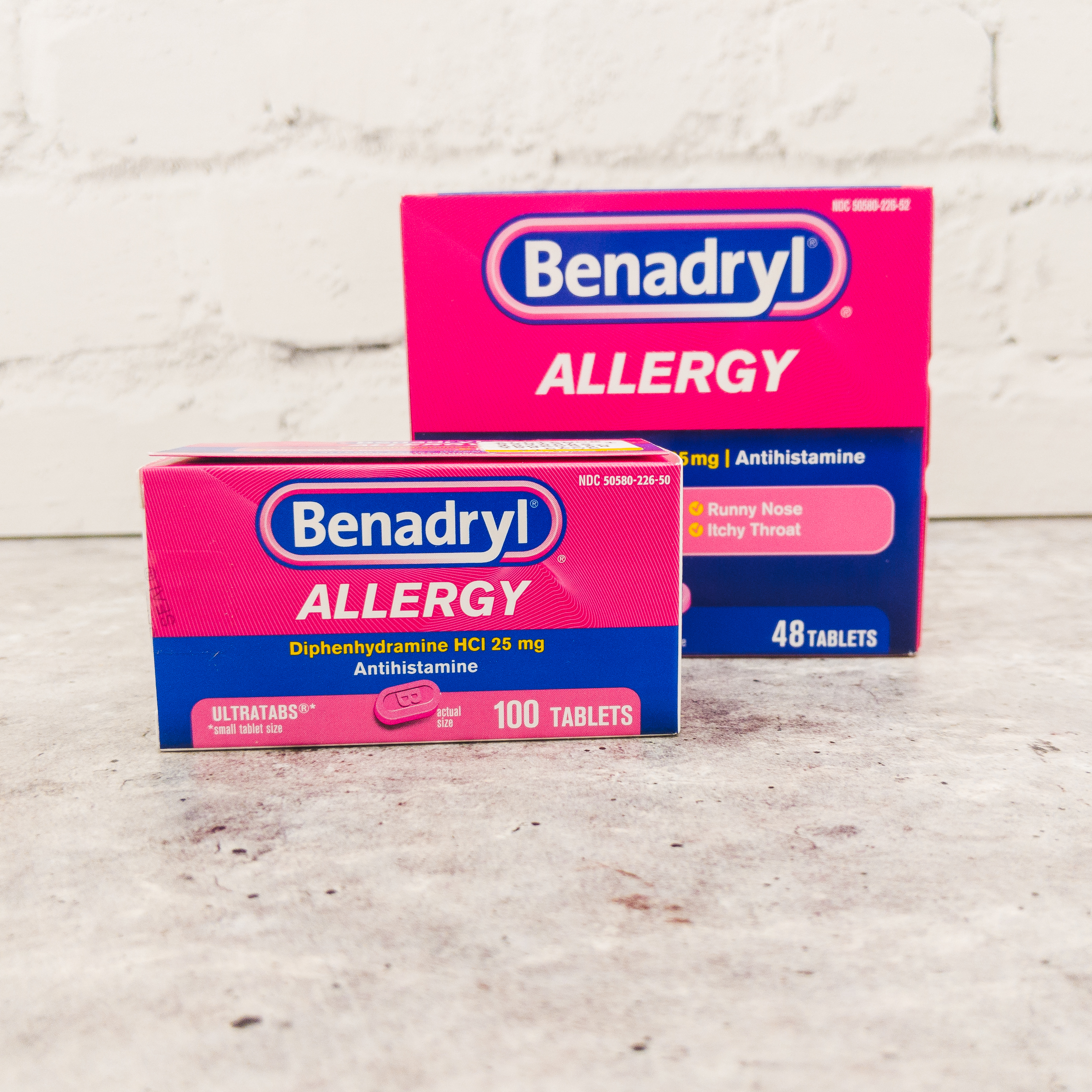
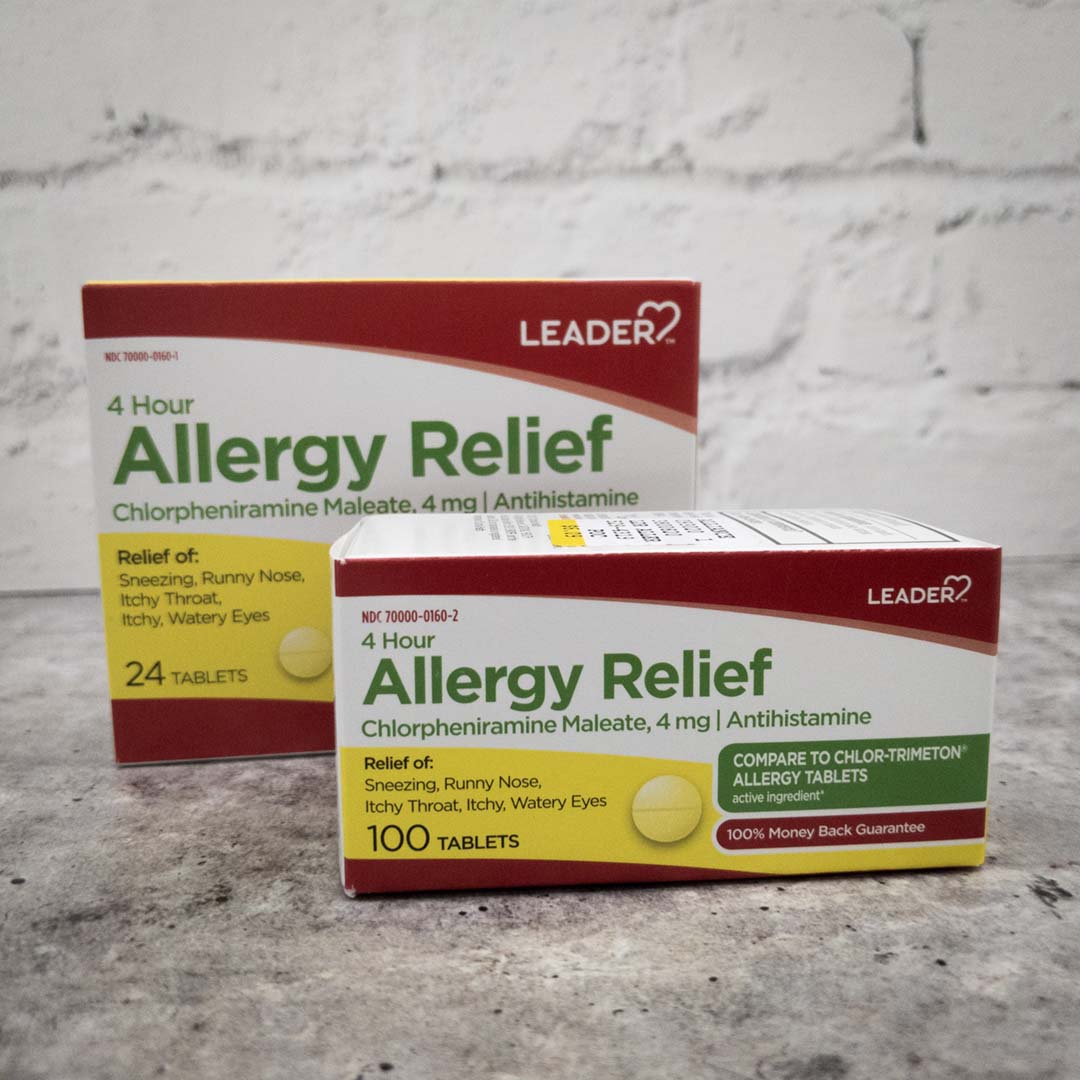
- Second-generation antihistamines are much less sedating and usually are dosed only once a day. Due to the ease of dosing and decreased side effects, most providers now recommend second-generation antihistamines. Antihistamine eye drops can be a great option if your allergies are causing watery, itchy eyes.
- (Ex: cetirizine, fexofenadine, loratadine)

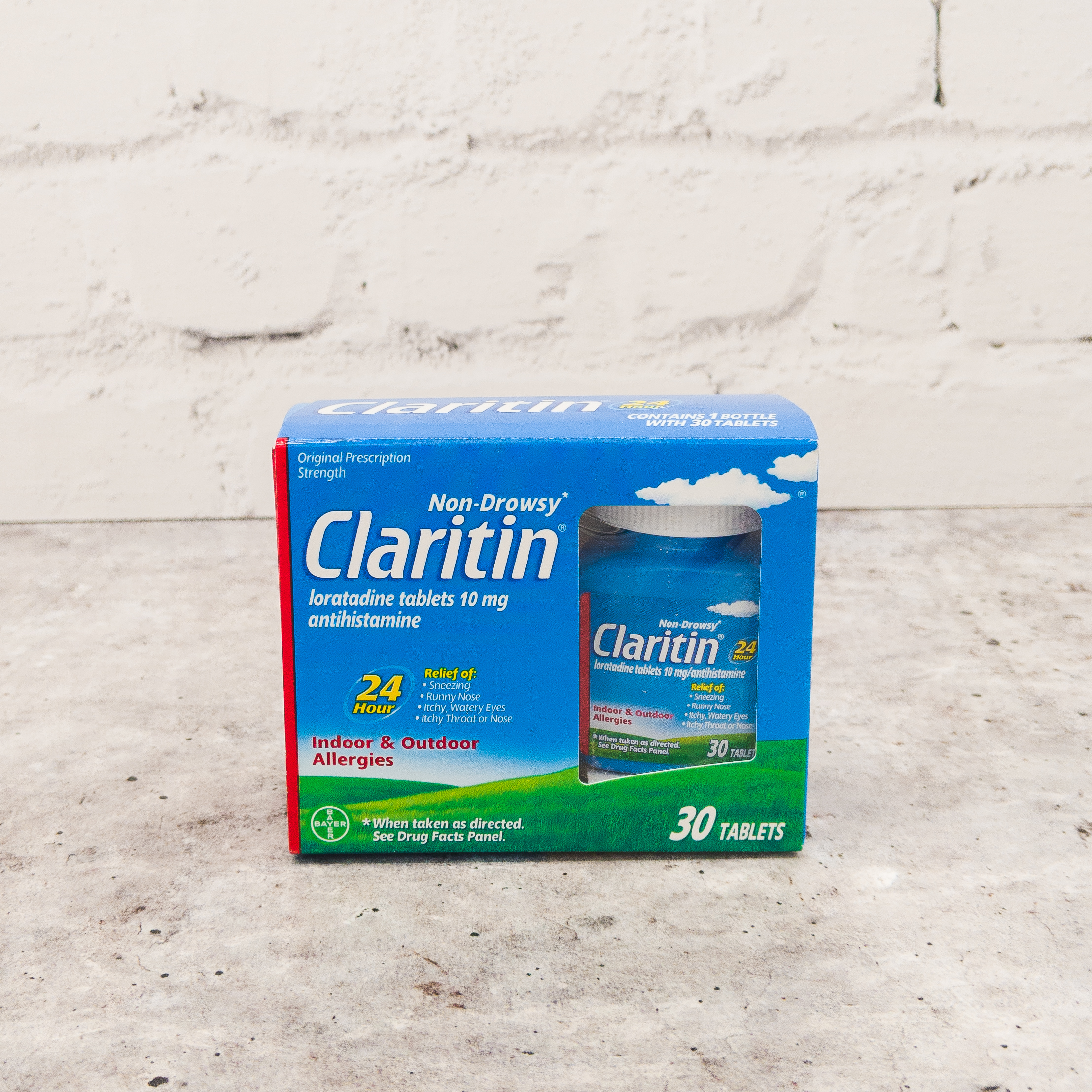
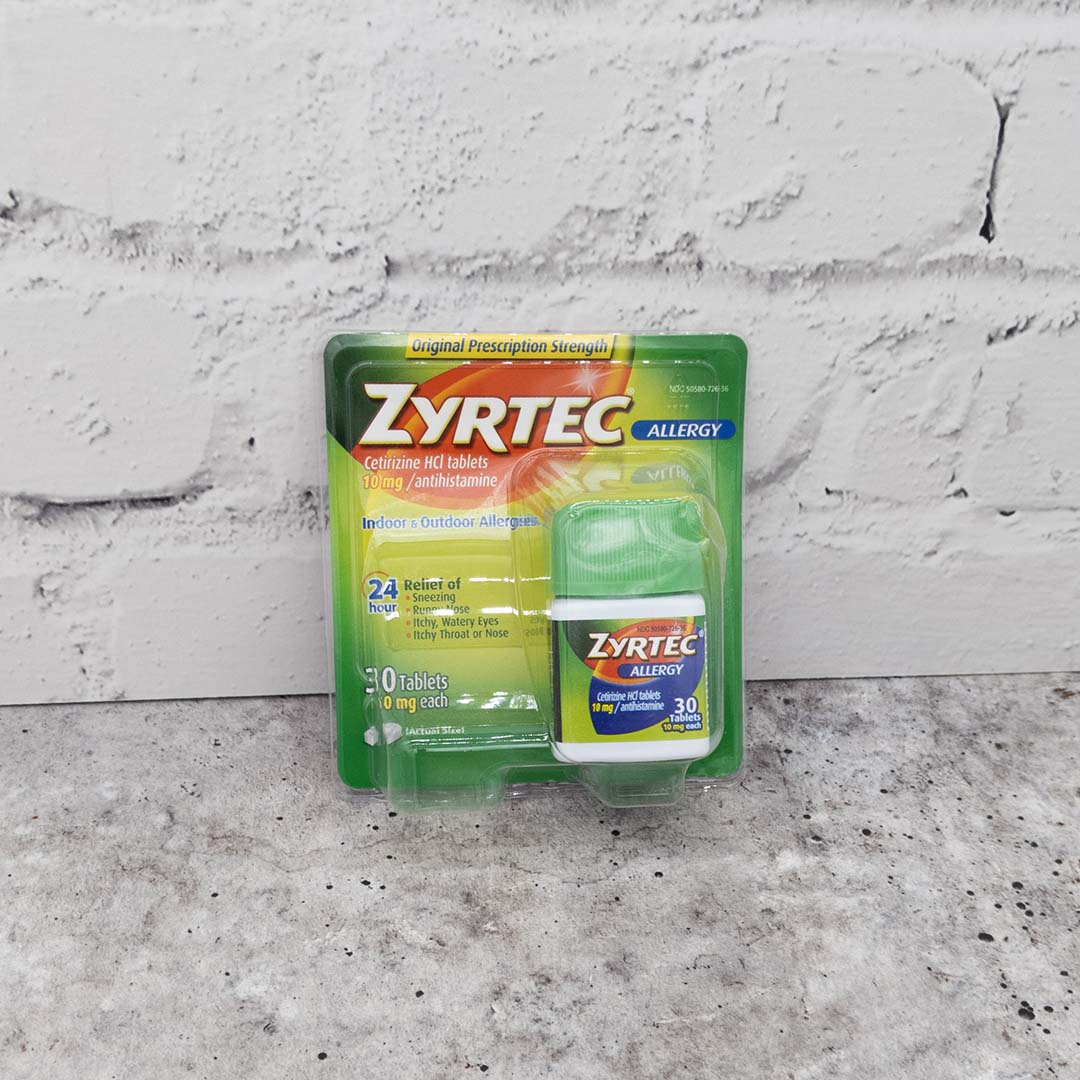
Nasal Steroids:
Nasal steroids work along with antihistamines to help with allergies. They “dampen” the immune response of the nasal mucosa and, in doing so, reduce inflammation and congestion. Nasal steroids are usually very well tolerated. They can be used twice a day when your allergies are more severe or once a day if your allergies are more under control. Nasal steroids work best when used regularly.
- (Ex: fluticasone, triamcinolone)
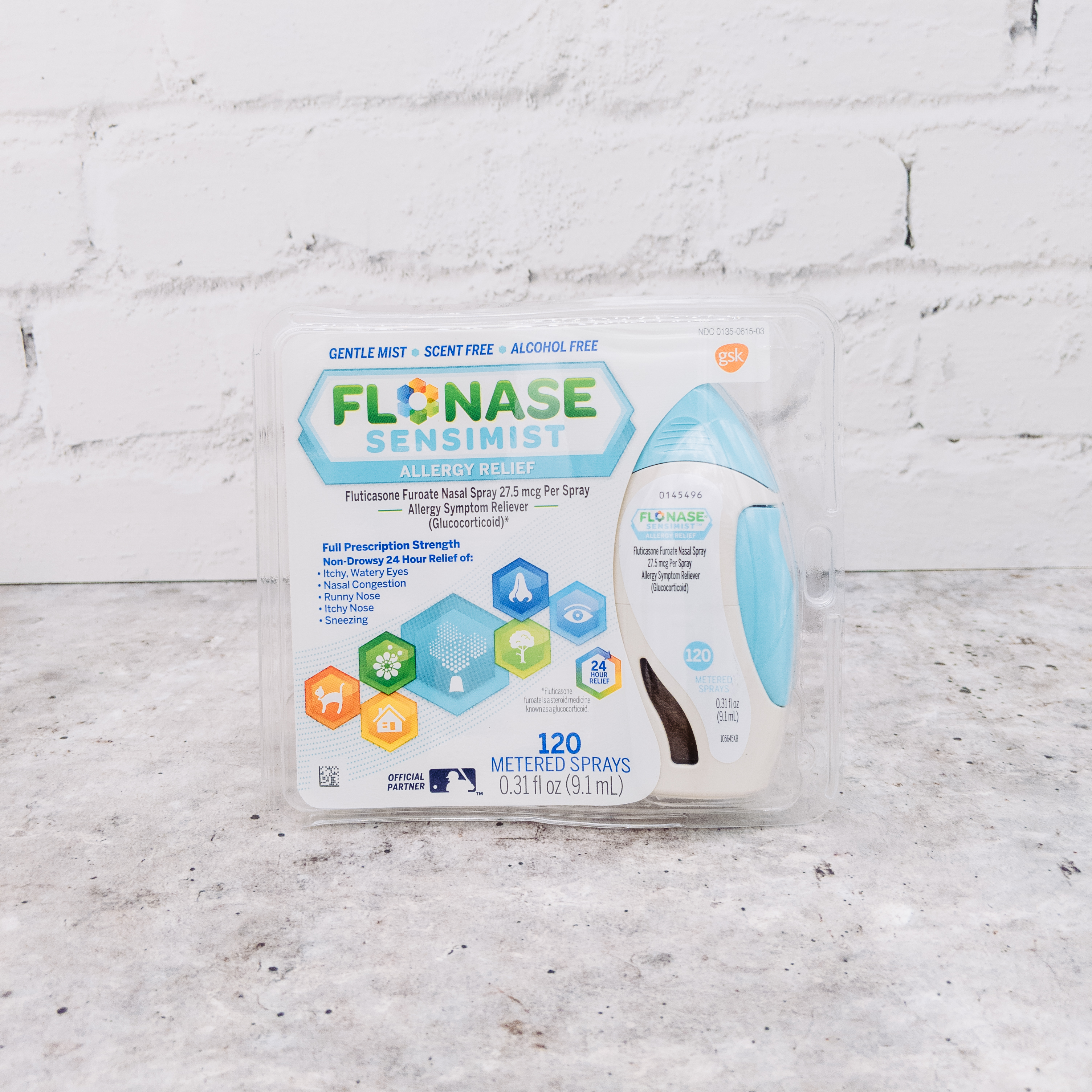
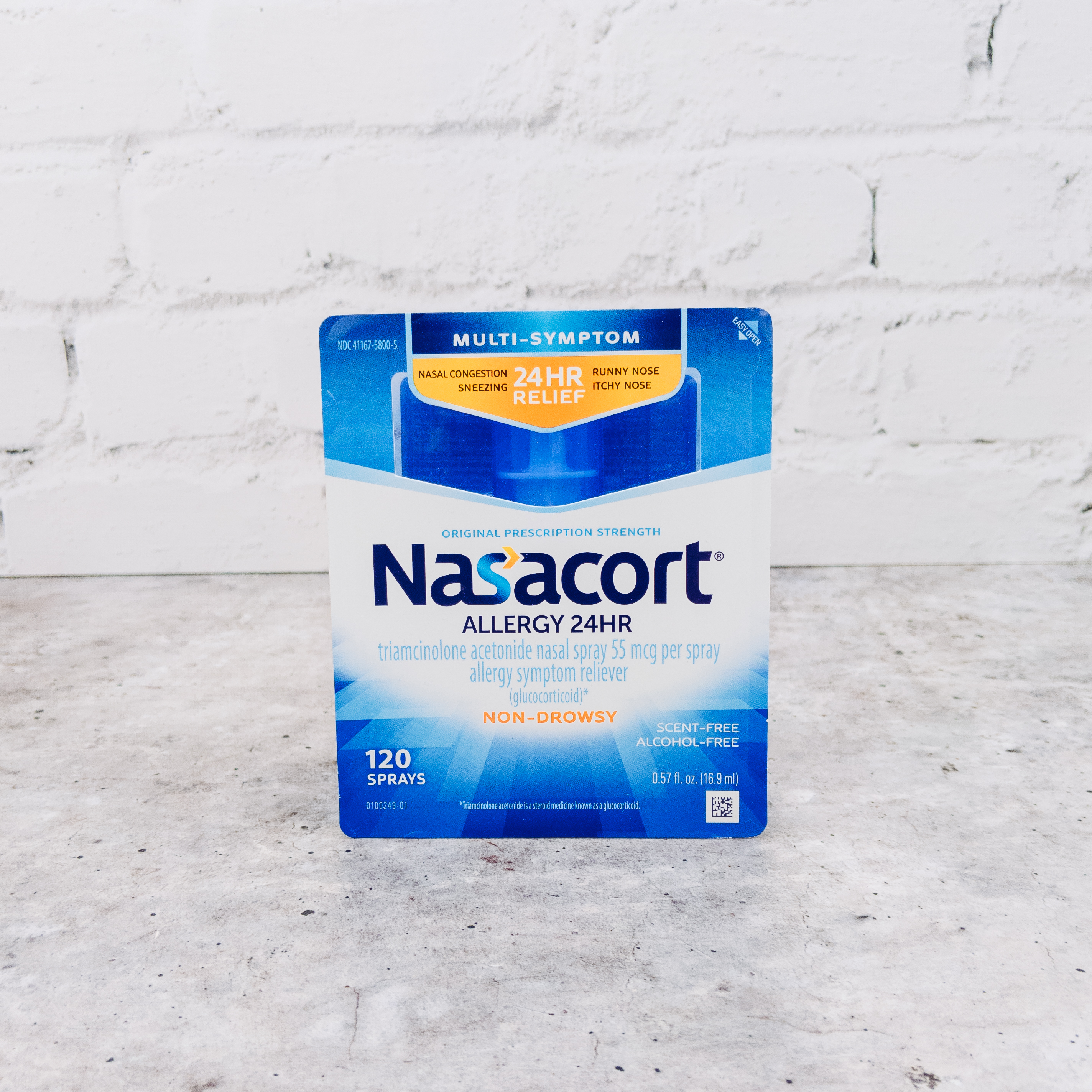
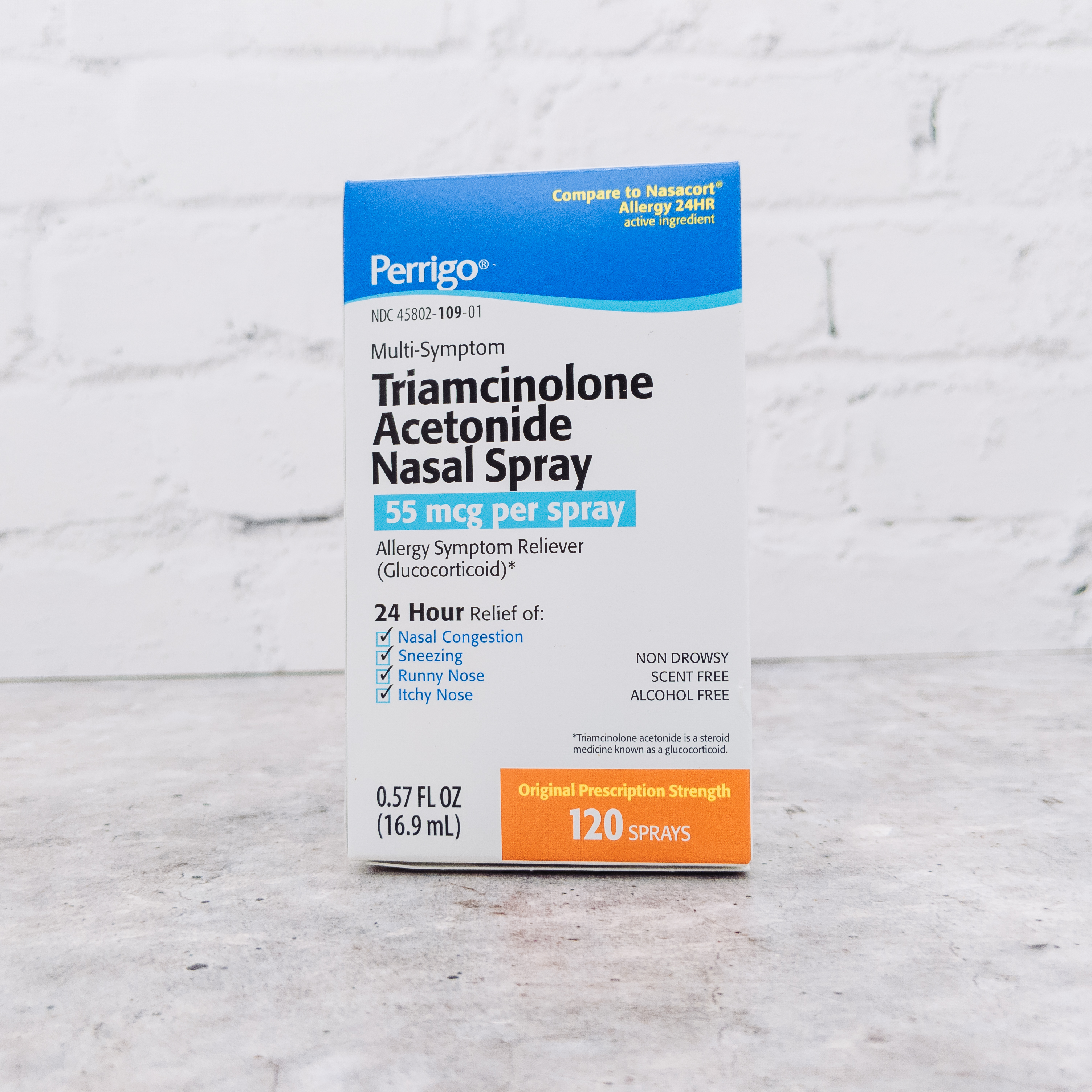
Decongestants:
Decongestants work by “shrinking” the blood vessels in the nasal area. Unfortunately, these drugs can also affect blood vessels throughout the body and raise blood pressure. Decongestants can be taken alone or in combination with an antihistamine. If you take blood pressure medication or have heart issues, speak with your pharmacist or medical provider first to see if decongestants are for you. Decongestant nasal sprays are also available. They can also raise blood pressure and should only be used for short periods of time.
- (Ex: pseudoephedrine and phenylephrine)
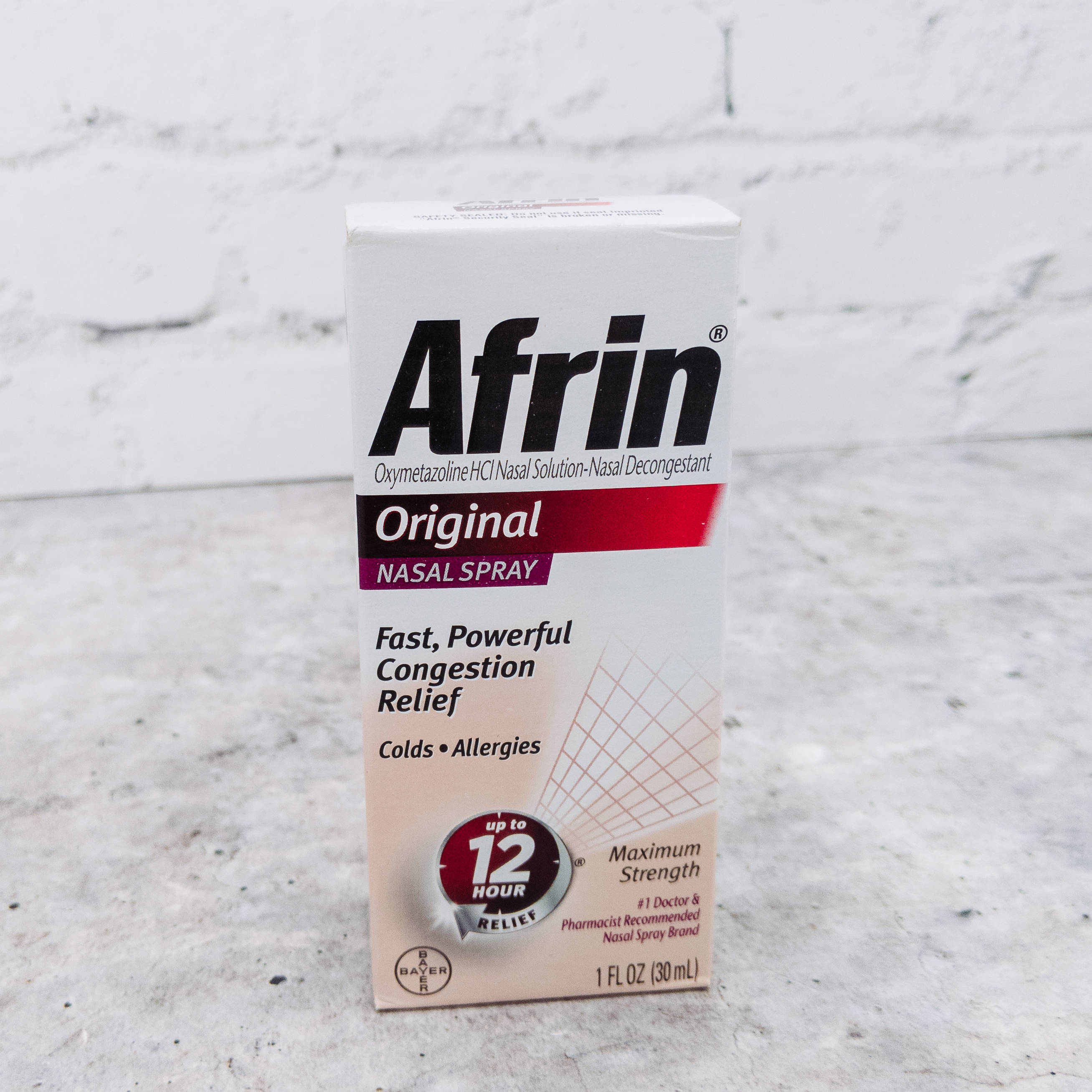
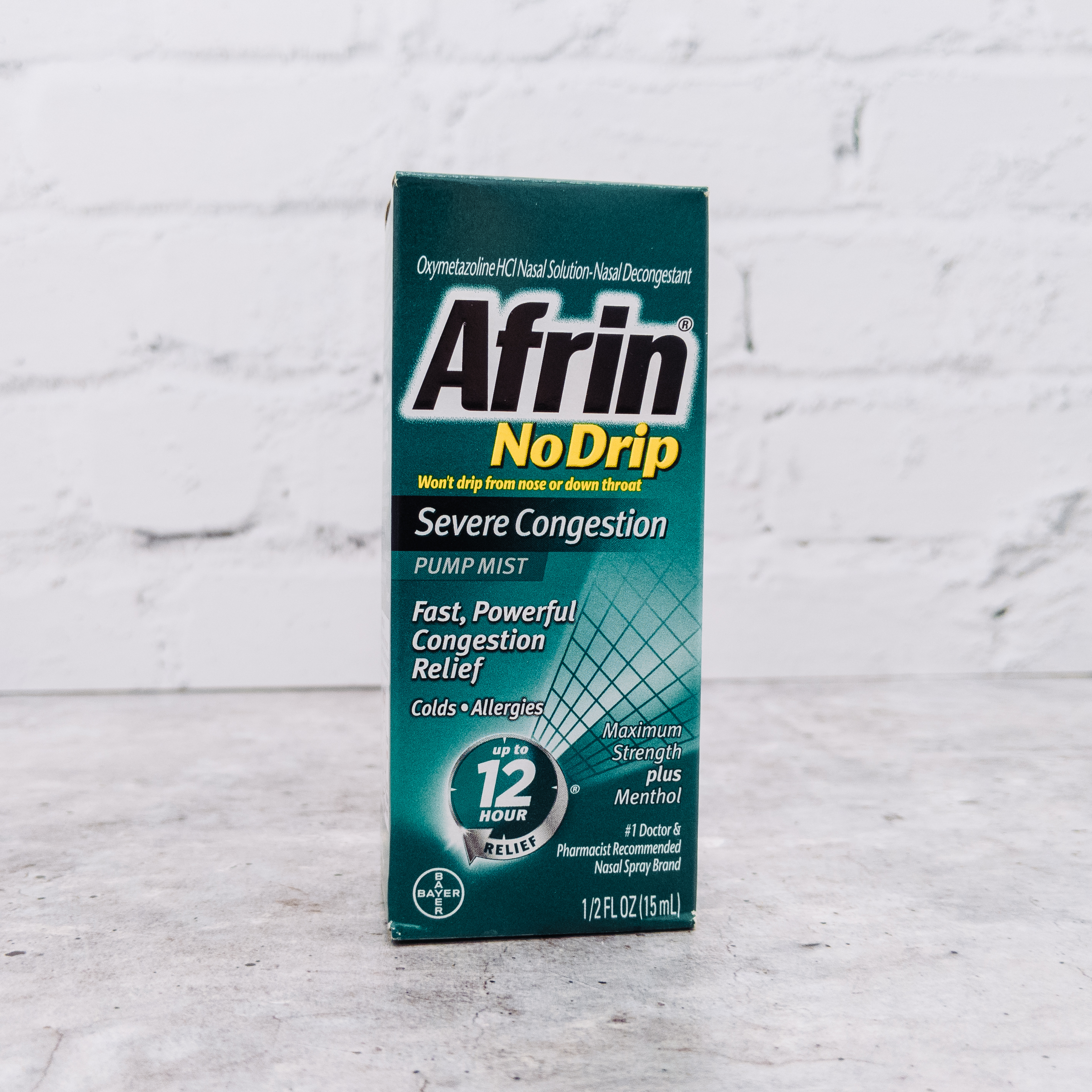
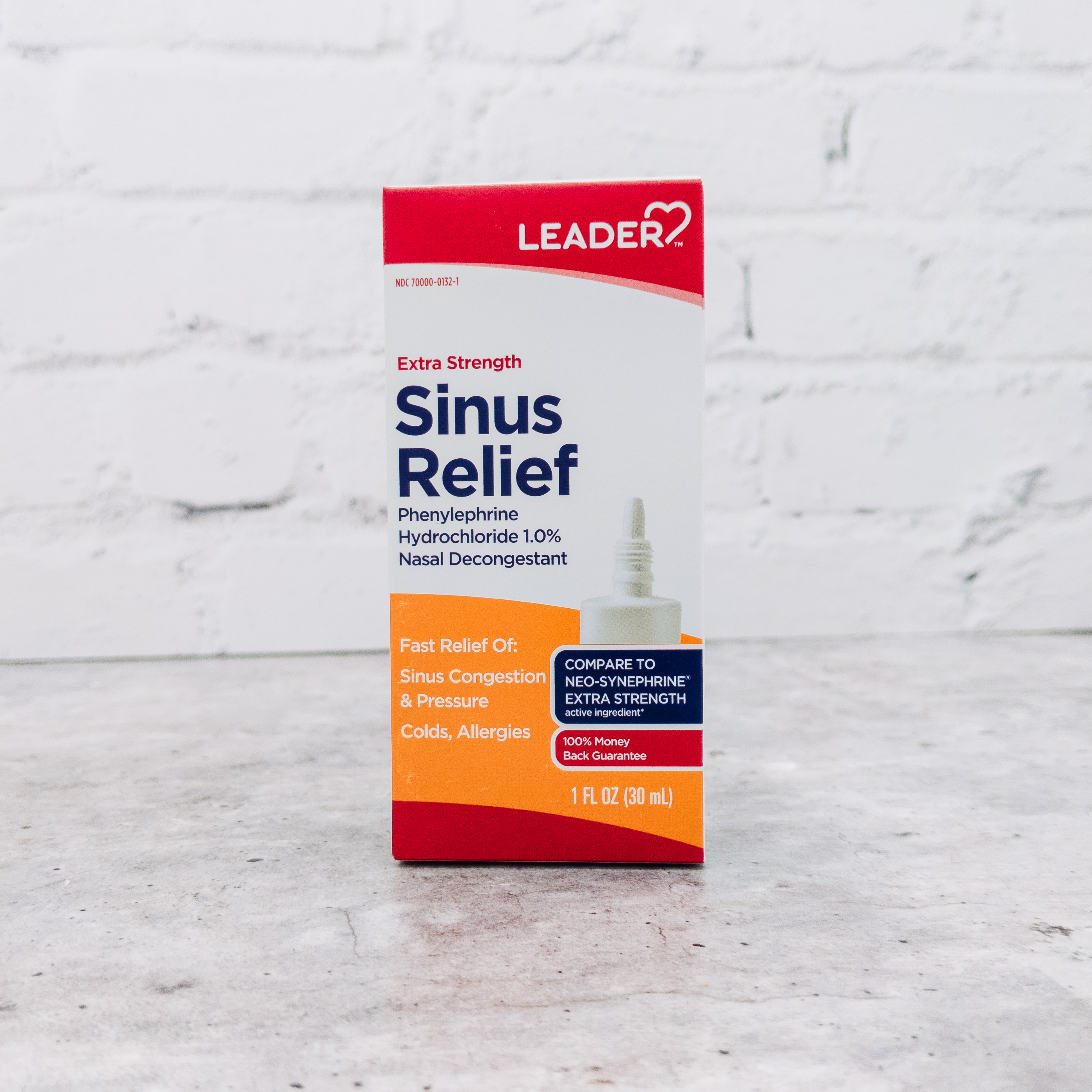
Mucolytics:
Mucolytics work by thinning secretions. They are useful when trying to loosen up stuffy sinuses and chest congestion. Guaifenesin is quite safe and works better when the patient drinks plenty of fluids.
- (Ex: guaifenesin)
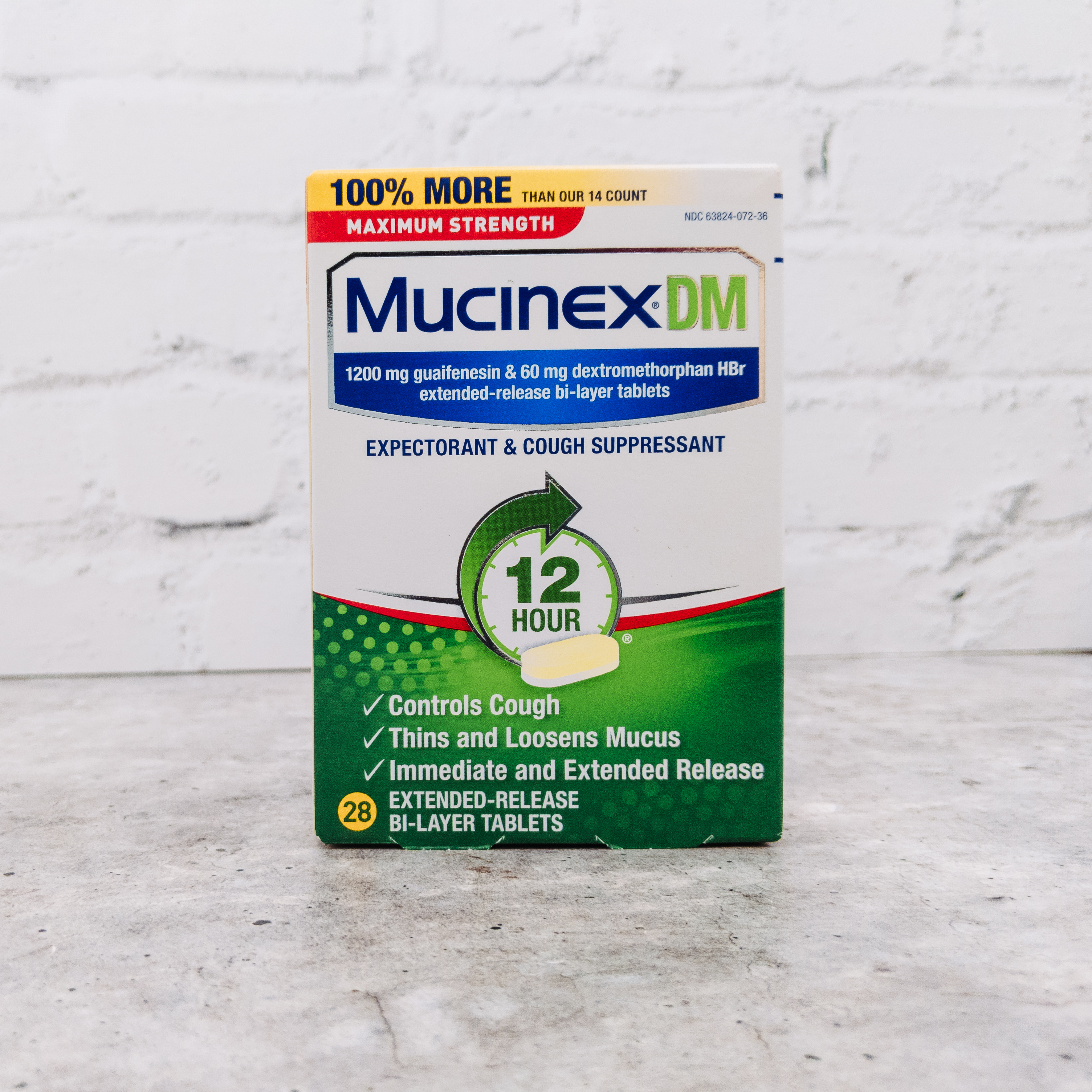
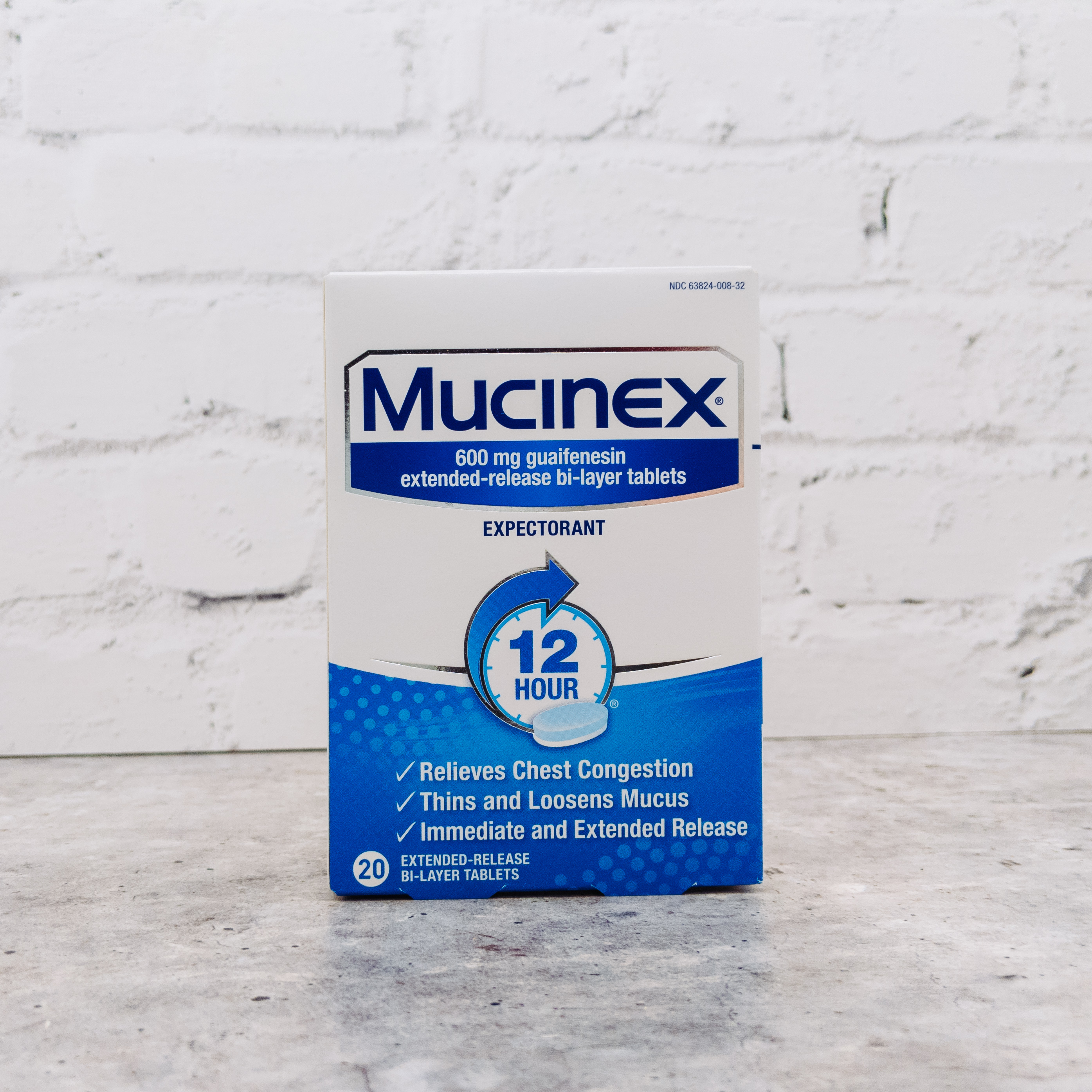
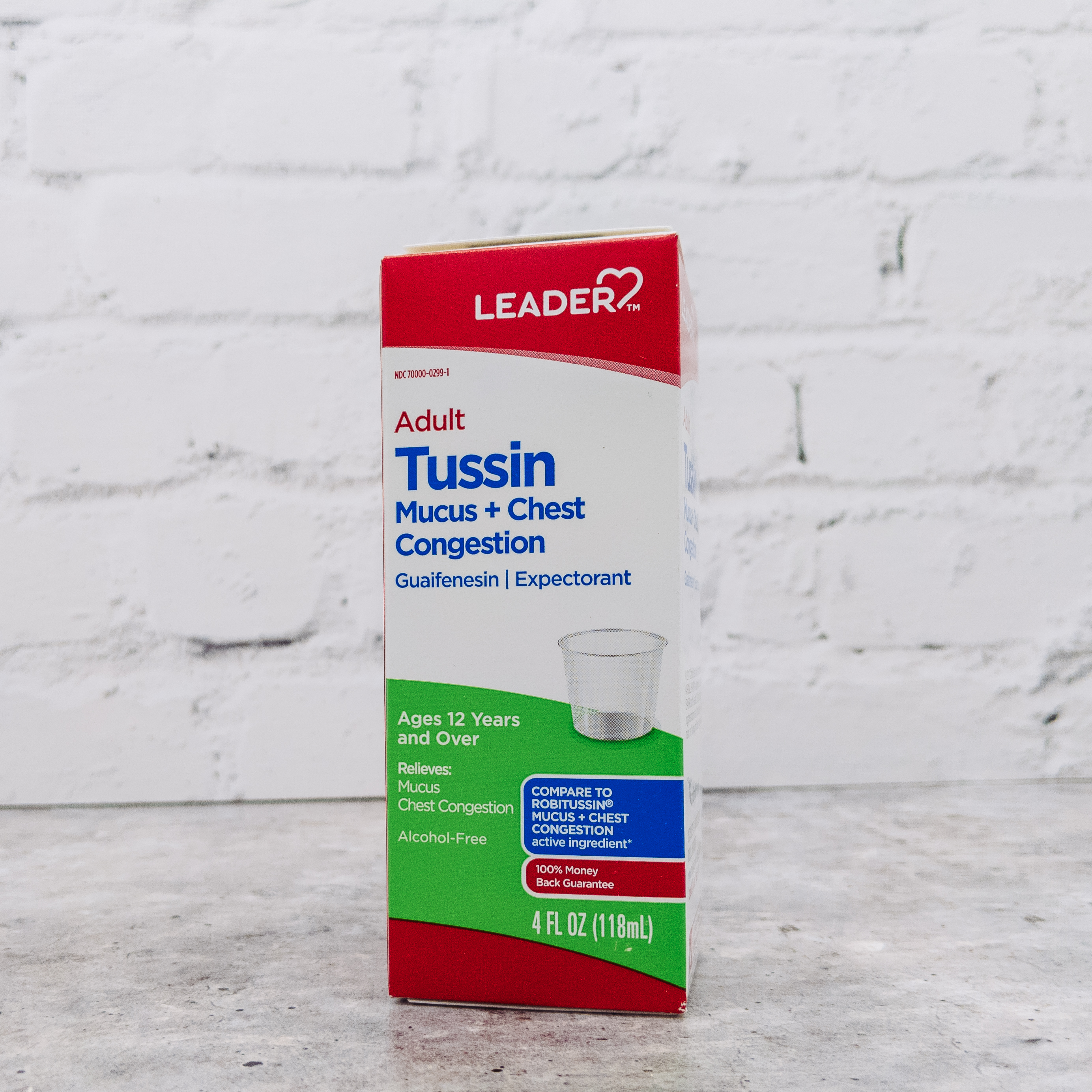
Saline Nasal Rinse:
Nasal rinses work by physically rinsing and removing allergens in the nasal cavity. Nasal rinses come in various forms ranging from NetiPots to pressurized aerosol canisters. They are quite safe and can be used as often as needed.
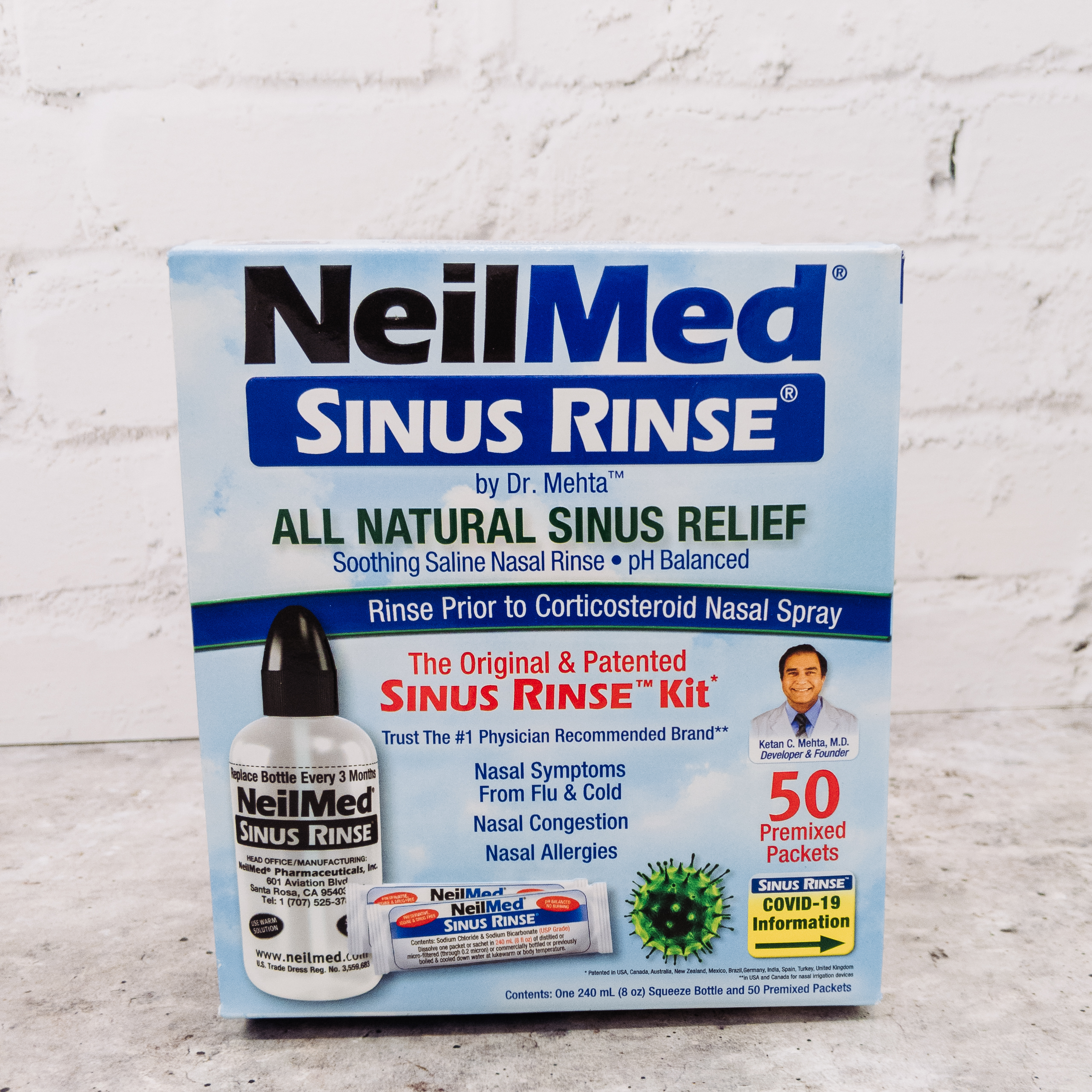
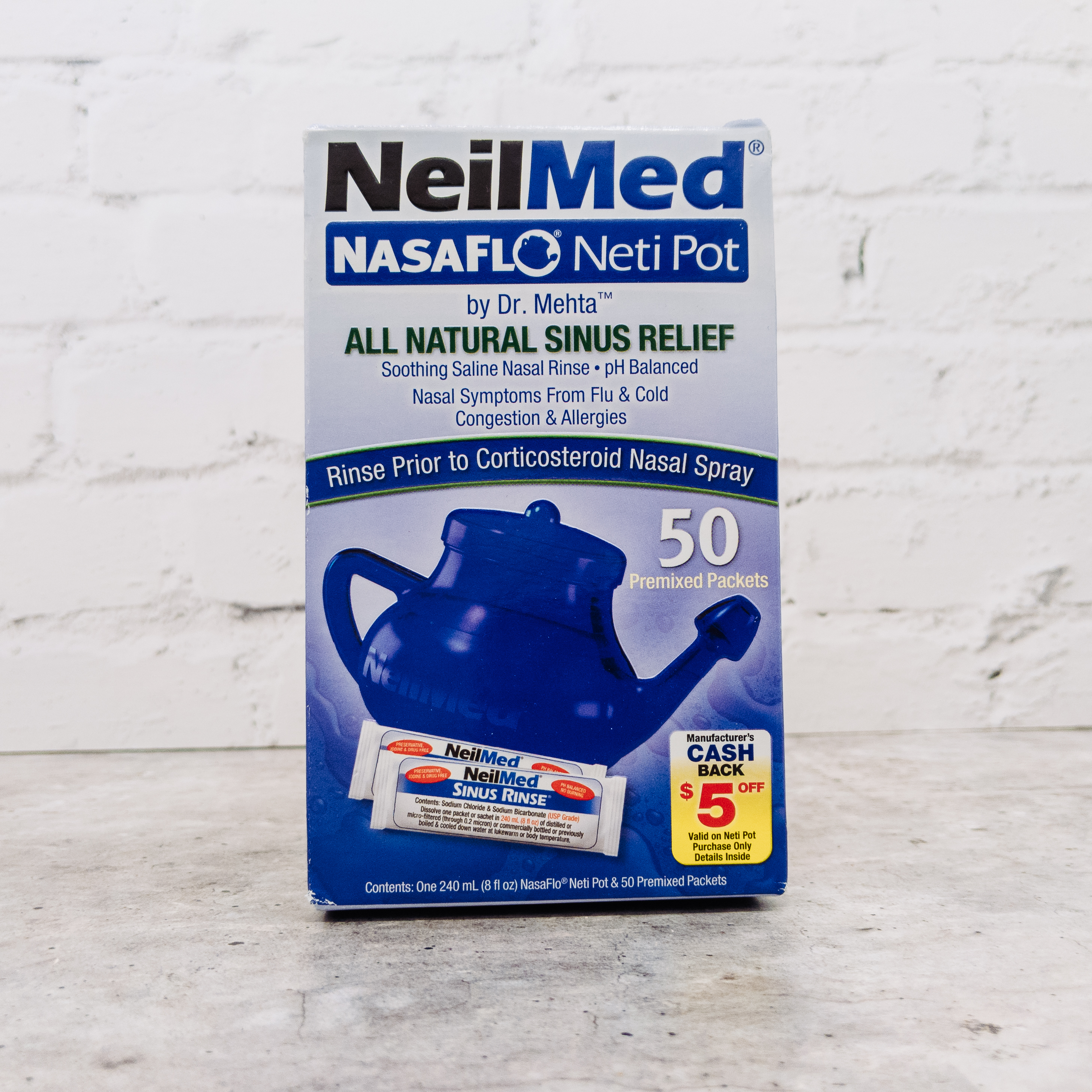
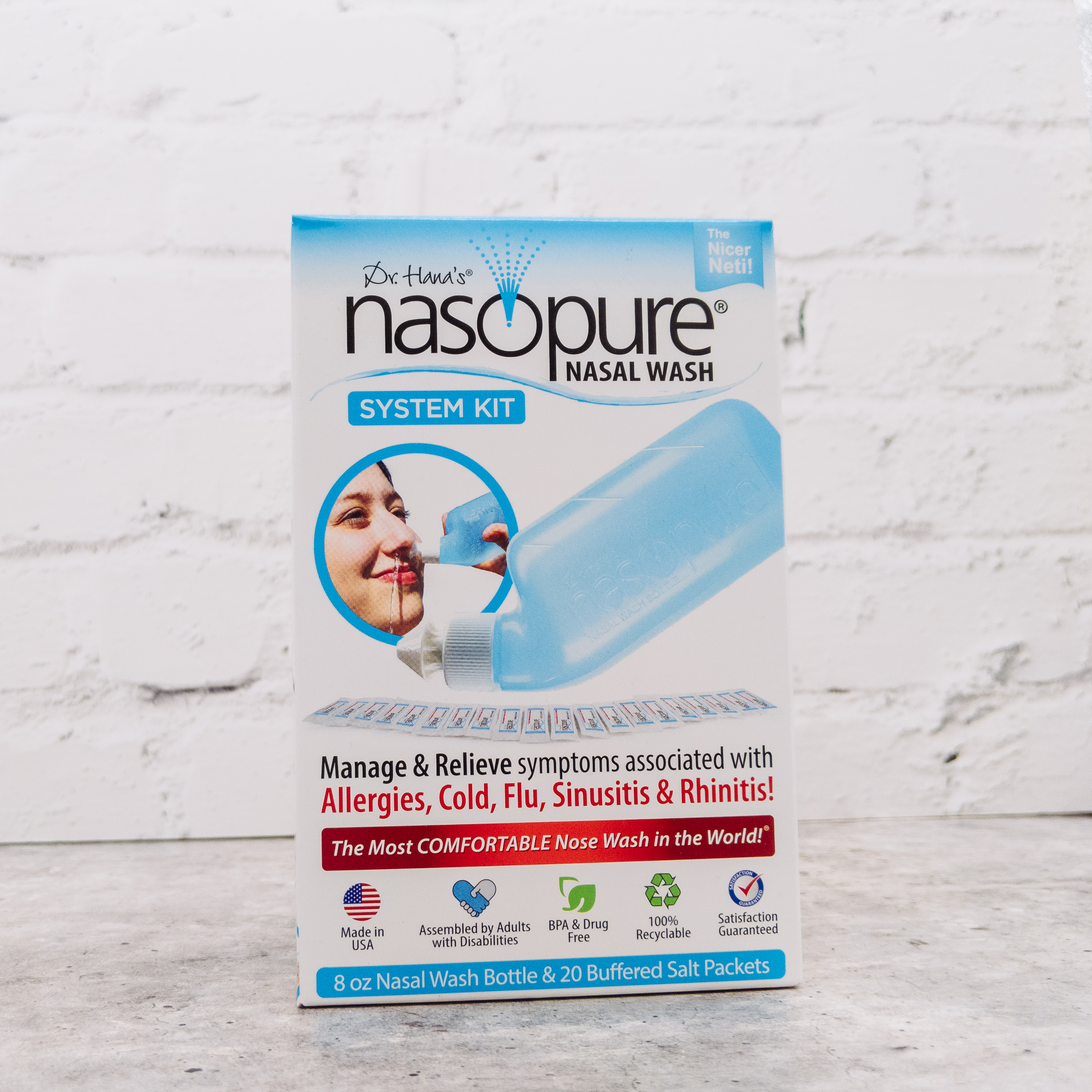
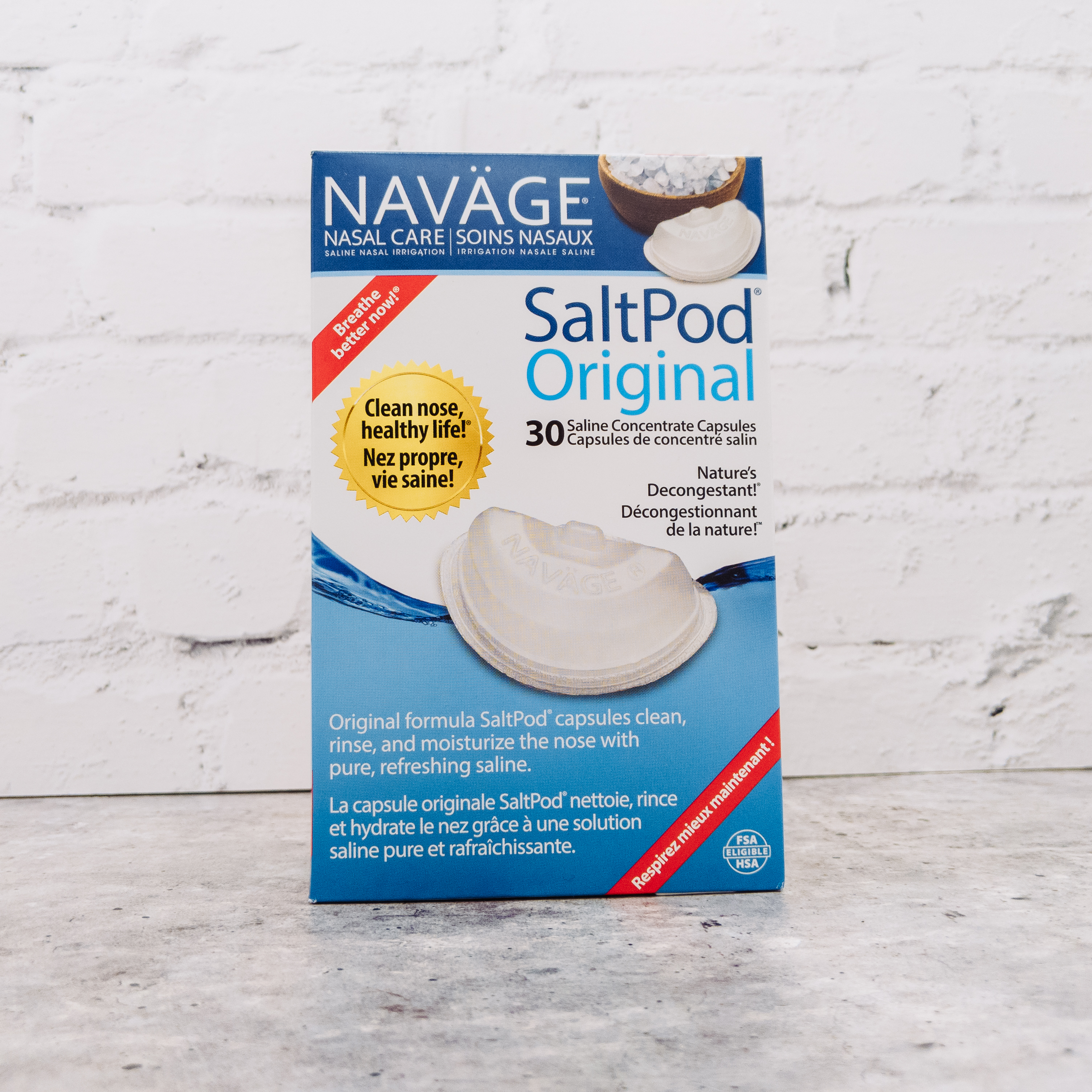
REMINDER:
If you are using over-the-counter allergy medicines without much success, you need to get in touch with your medical provider! He/she will thoroughly evaluate your allergies and prescribe medication if necessary.


